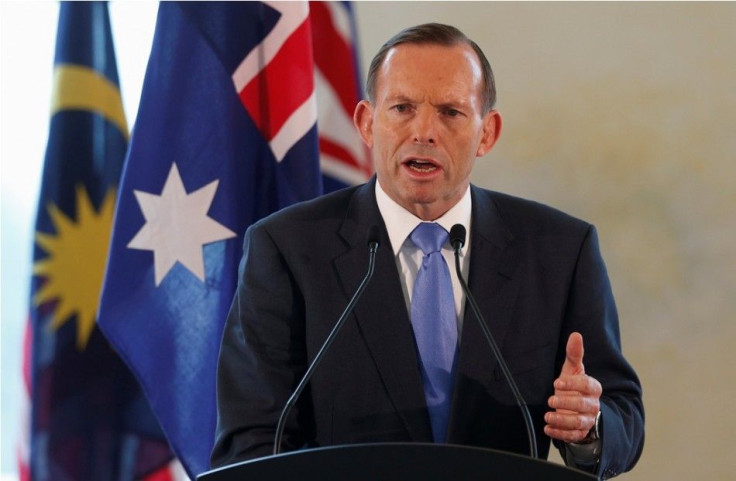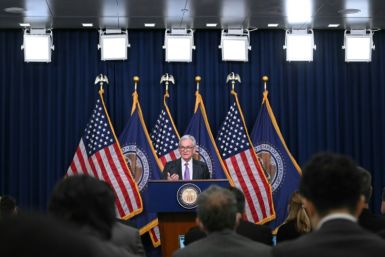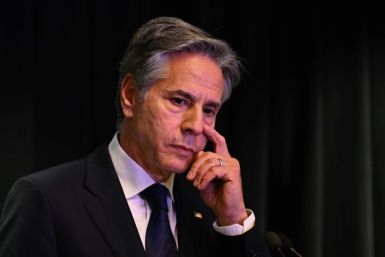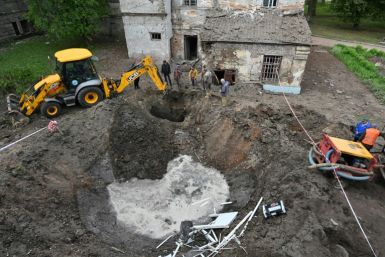Australia 'Disappointing' In UN Climate Summit; Obama Declares Climate Change Bigger Than Terrorism

Australia may have missed out on the chance to contribute to a more ambitious climate change action beyond 2015 at the United Nations summit on climate change in New York. More than 100 world leaders and 800 business leaders attended the summit which aims to secure commitments to help fight the effects of climate change.
United States President Barack Obama has urged developed economies like Australia and heavy carbon emitters China and India to boost their efforts in reducing pollution. The president said no one should "stand on the sidelines anymore."
According to reports, Mr Obama told the UN Climate Summit that it was not too late to address climate change. He believes it is still possible to improve the air and water quality for future generations but only if political agenda will be set aside. Although Mr Obama did not mention or single out countries, reports said it was obvious that the message was directed at Australia for having a high-carbon economy and its reliance on coal.
The leaders of China, India and Australia were noticeably absent in the climate summit. Australia's Foreign Affairs Minister Julie Bishop attended the meeting for Prime Minister Tony Abbott who will be arriving in New York in time for the UN Security Council meeting.
Mr Obama described the threat of climate change as greater than terrorism. He reported that America was not spared from extreme weather events like floods and droughts. He said this summer was the hottest that has ever been recorded in the world. Mr Obama also acknowledged the people who marched around the world to show their support for climate change action.
Bishop told the audience in attendance that Australia continues to remain "committed" to reducing carbon emissions by five percent below 2000 levels by the year 2020. She said it was an ambitious target since the country will cut emissions by 22 percent against business as usual levels.
She declared that Australia has committed $2.55 billion to an Emissions Reduction Fund which is the core of Abbott government's Direct Action Plan. Bishop's statement was described by environment groups as "disappointing" when compared to the announcements of other world leaders.
The Climate Institute said Australia's failure to share its plans for a post-2020 target may have caused the country to fall behind amid other nations' efforts to pursue more serious climate action and investments.






